


In response to feedback from their large vegetarian customer base, food-delivery platform Zomato has rolled out a "Pure Veg Mode" for customers with a 100% vegetarian dietary preference. The newly-launched "Pure Veg Fleet" will wear green uniforms and use green delivery boxes, ensuring that only vegetarian meals are delivered. While the move has drawn mixed reactions online, Zomato CEO Deepinder Goyal has stated that it is a response to the particular preferences of Indian vegetarians.
Background:
Zomato, a prominent food delivery platform in India, has a large and growing vegetarian customer base. In recent years, there has been increasing concern among vegetarian consumers about the potential mixing of non-vegetarian and vegetarian food items during delivery.
"Pure Veg Mode" Initiative:
To address this concern, Zomato has introduced a "Pure Veg Mode" feature for users who strictly adhere to a vegetarian diet. This mode ensures that only vegetarian meals are delivered, eliminating the risk of unintentional consumption of non-vegetarian items.
"Pure Veg Fleet" Operations:
The "Pure Veg Mode" is supported by a dedicated "Pure Veg Fleet" of delivery personnel. These personnel wear distinctive green uniforms and utilize green delivery boxes, making them easily identifiable by customers. The fleet is responsible for handling only vegetarian orders, guaranteeing the integrity of vegetarian meals throughout the delivery process.
Customer Response:
The launch of "Pure Veg Mode" has garnered mixed reactions from online users. While many vegetarians lauded the initiative as a thoughtful gesture, some criticized it for being an unnecessary division and potentially inconvenient for non-vegetarians.
FAQs:
1. Why did Zomato introduce "Pure Veg Mode"? A: Zomato introduced "Pure Veg Mode" to cater to the specific preferences of Indian vegetarians and ensure that their dietary choices are fully respected.
2. How does the "Pure Veg Fleet" operate? A: The "Pure Veg Fleet" is a separate team of delivery personnel who wear green uniforms and use green delivery boxes. They are responsible for delivering only vegetarian orders, ensuring their integrity throughout the delivery process.
3. Are all Zomato deliveries now vegetarian? A: No, "Pure Veg Mode" is an optional feature for customers who strictly adhere to a vegetarian diet. Non-vegetarians can still order from Zomato as usual.
4. What are the benefits of using "Pure Veg Mode"? A: For vegetarians, "Pure Veg Mode" provides peace of mind and eliminates the risk of unintentional consumption of non-vegetarian items. It also ensures the integrity of their food choices throughout the delivery process.
5. Is "Pure Veg Mode" a permanent feature? A: Zomato has not indicated whether "Pure Veg Mode" is a permanent or temporary feature. The company will likely monitor customer feedback and make adjustments as necessary.

In a pioneering move, the Trilokeswar Farmer Producer Company (FPC) and the Department of Horticulture have successfully exported 12 tons of G9 bananas from Kalampur, Kalahandi to Dubai, marking the district's first international banana shipment. Led by farmers Smruti Ranjan Mund, Nilamani Lahajal, and Narayan Sahu, the project aims to enhance the state's agricultural and economic growth. The G9 variety, known for its high yield, nutrition value, and resistance to diseases, is set to make waves in the international market, offering a sweet and healthy treat to consumers.

At the Startup Maha Kumbh, Union Commerce Minister Piyush Goyal expressed disappointment with India's startup ecosystem for prioritizing food delivery, betting, and fantasy sports apps. He urged Indian startups to follow the lead of Chinese startups, which are excelling in areas such as electric vehicles, battery technology, semiconductors, and artificial intelligence. Goyal questioned whether India should settle for low-wage gig jobs or strive for technological progress. Despite having over 100 unicorns, India's third-largest startup hub, Goyal's remarks raise concerns about the country's focus on certain industries and its potential for innovation and development in other areas.
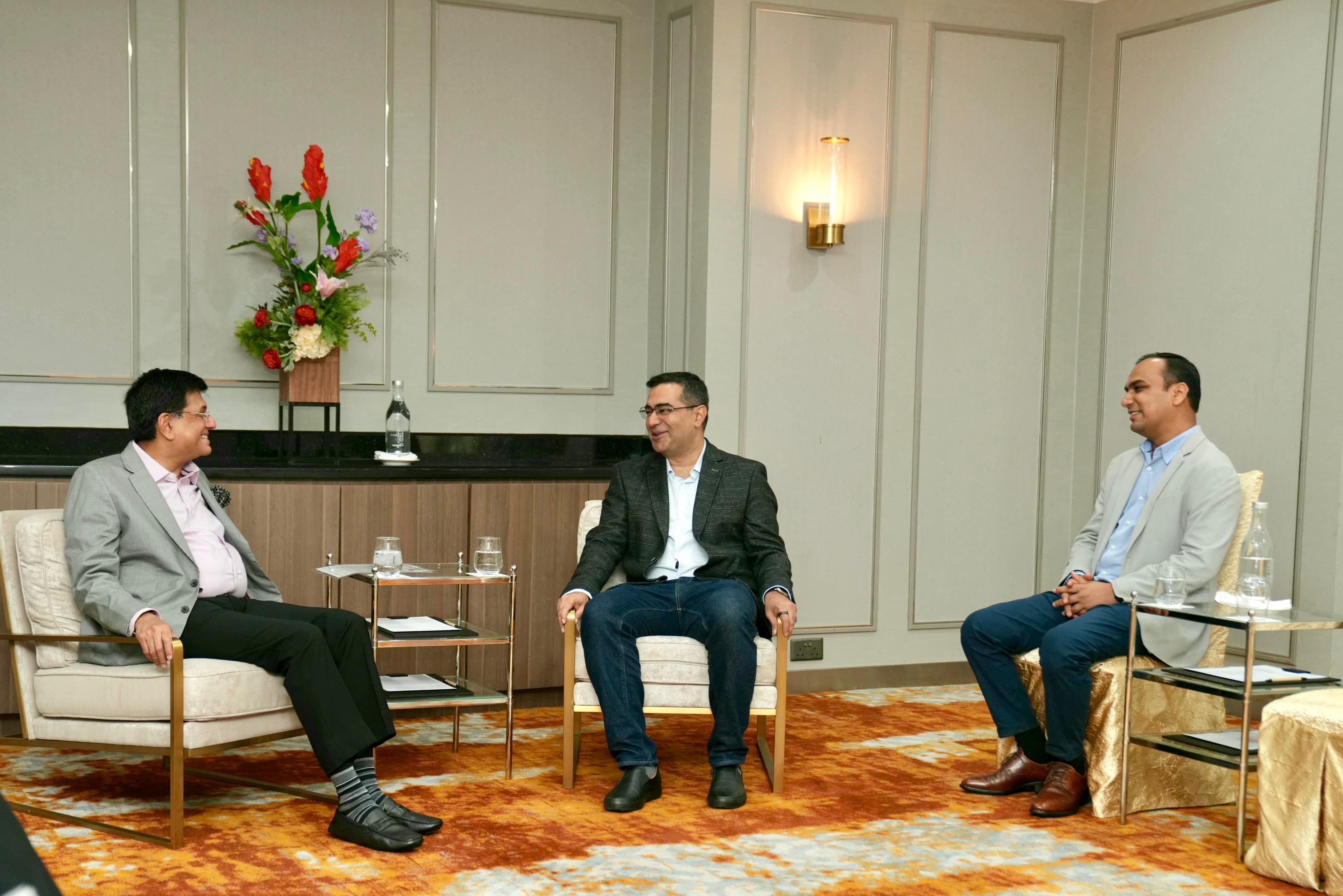
Union Commerce Minister Piyush Goyal's criticism of India's startup ecosystem has faced resistance from industry leaders, who argue for the importance of government support in fostering local champions in the technology sector. Zepto CEO Aadit Palicha and former Infosys executive Mohandas Pai were among those who pushed back against Goyal's assertions at the Startup Maha Kumbh event, emphasizing the need for long-term growth and support for startups rather than just quick exits. Business leaders push back against Union Commerce Minister Piyush Goyal's criticism of India's startup ecosystem at the Startup Maha Kumbh event. They argue for the importance of fostering local champions in the technology sector and urge for government support to help achieve this goal. Goyal had questioned whether the country's startups were truly driving progress, citing a heavy focus on food delivery and low-wage gig jobs.
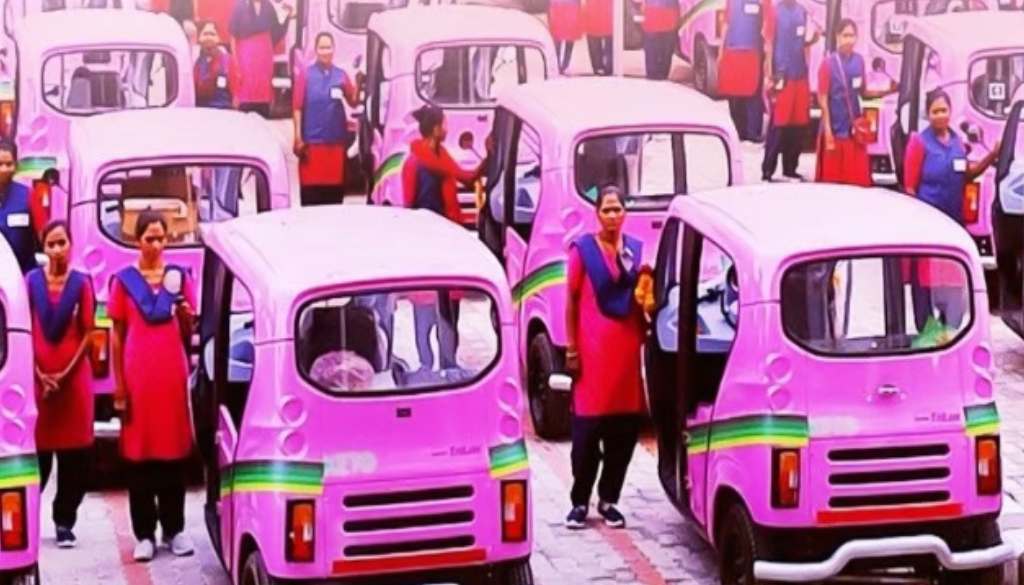
Jhankar Mahila Mandal and Gamini Driving School celebrated the successful completion of their E-Rickshaw training program, aiming to empower women from marginalized communities. The event, attended by esteemed guests and held under the guidance of Smt Abha Dwivedi, provided not just driving skills but also self-defense, financial planning, and computer and communication skills. This initiative not only bridges gender gaps but also opens up employment opportunities, reinforcing the commitment of the organizers to continue empowering women through driving education.
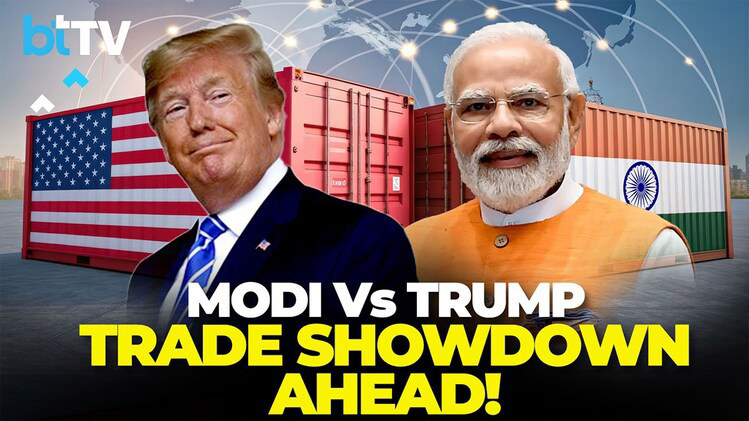
The US-India trade war has taken a toll on Indian stock markets as they continue to decline. President Trump's 27% tariff on Indian imports, although lower than tariffs on other Asian countries, has caused major dips in the BSE Sensex and Nifty. The impact of this trade war has also been felt in Asian markets, with Nikkei 225 and Kospi experiencing drops in the aftermath of Wall Street's shock. Stay updated on the latest developments in this trade dispute by following Screen Digital on YouTube.
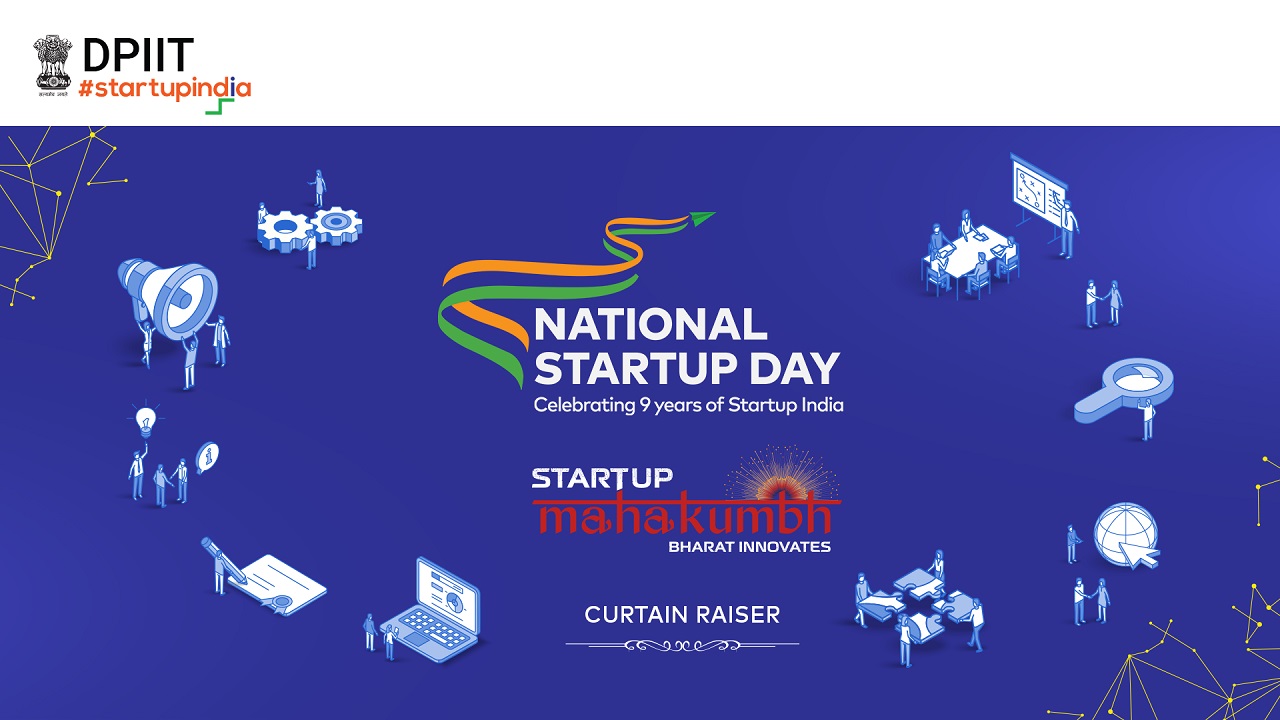
The three-day Startup Mahakumbh, inaugurated by Commerce and Industry Minister Piyush Goyal, is set to bring together 3,000 startups, over 1,000 investors, and 10,000 delegates from 50 countries. With a focus on fostering collaboration and innovation, this event will lay the groundwork for the future success of entrepreneurs. The second edition, set to take place in 2025, will feature participation from tribal entrepreneurs and showcase the growth of the Indian startup ecosystem.

In a surprise move, billionaire entrepreneur Elon Musk's artificial intelligence company xAI has acquired the popular social media platform, X, in a multi-billion dollar deal. With X's massive reach and data spanning two decades, xAI's advanced AI capabilities are set to get a big boost. However, the acquisition raises concerns about potential layoffs and the company's lack of accountability as a private entity. Only time will tell how this strategic move will impact the future of both xAI and X.

President Trump announced new tariffs on major trading partners, including India and China, during a speech at the White House on April 2. These "reciprocal tariffs" match the duties these countries have imposed on US goods, with India set to face a 26% tariff and China set at 34%. The tariffs will go into effect on April 9 at 12:01 am local time, sparking concerns for industries such as automobiles, with companies like Volkswagen already taking action to mitigate the impact.

Enter this month's competition for a chance to win one of two fantastic Motorola Edge 50 Pro handsets worth £600 each. With its sleek design, impressive camera system and fast charging capabilities, this phone is not to be missed. Plus, each winner will receive a limited-edition F1 engraved case to complete the package. All you have to do is answer a simple question on motorola.co.uk.
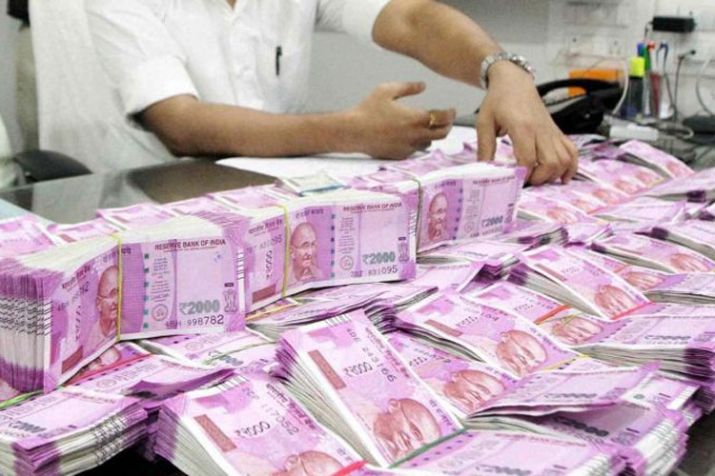
According to the Comptroller and Auditor General of India's report, state-owned telecom company BSNL incurred a loss of Rs 1,757.76 crore due to financial lapses in its Master Service Agreement with Reliance Jio Infocomm Ltd (RJIL). These lapses include BSNL's failure to enforce contractual terms, leading to revenue shortages and loss of potential interest. The report also highlights additional losses incurred by BSNL due to inefficient planning and procurement, resulting in unnecessary expenditure and non-realization of tax credits.